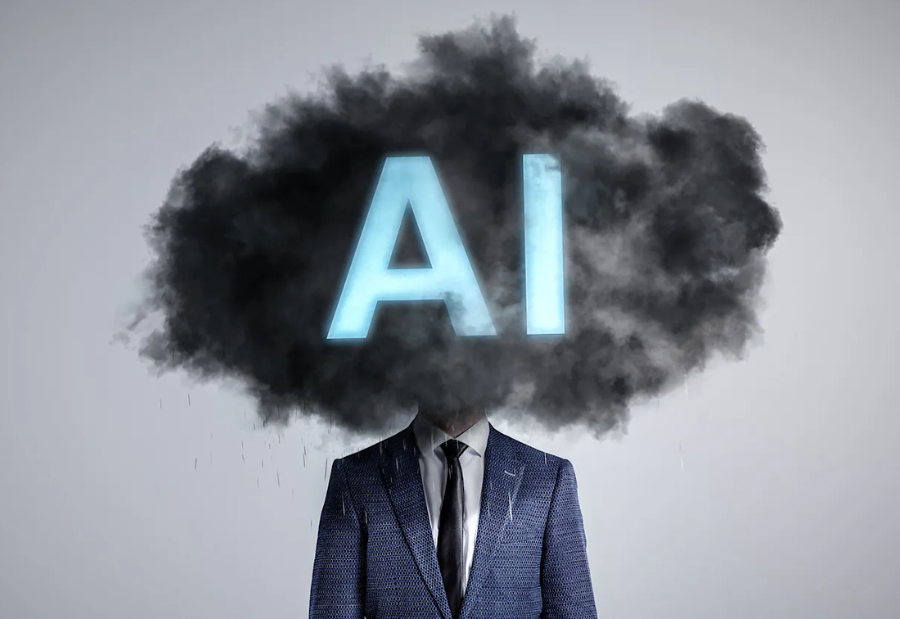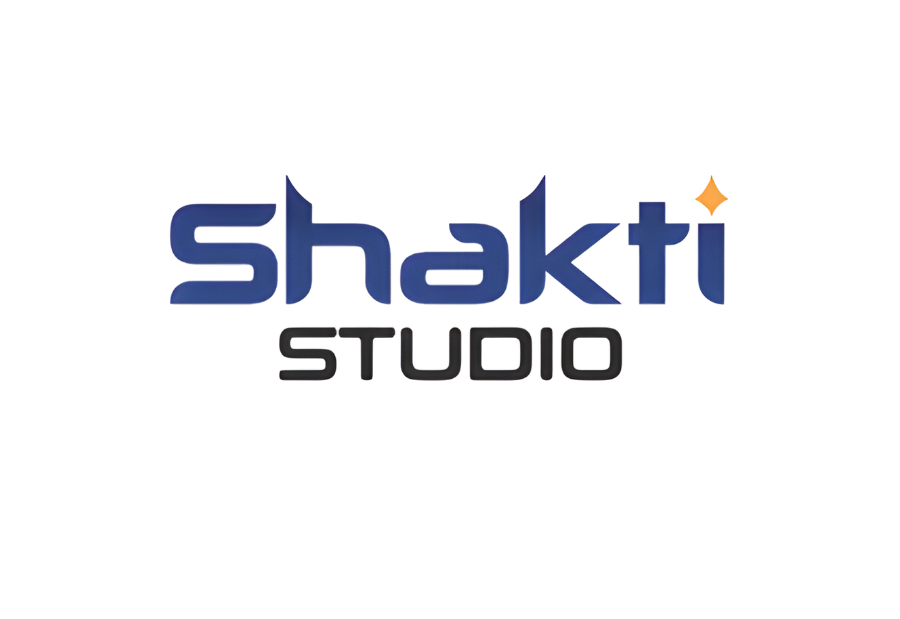A new study by Yale University titled Evaluating the Impact of AI on the Labor Market: Current State of Affairs has found that the broader United States job market has not experienced any “discernible disruption” since the release of ChatGPT in 2022.
The research, conducted by Yale’s Budget Lab, challenges the widespread belief that generative AI has caused job losses or major shifts across industries. “While anxiety over the effects of AI on today’s labour market is widespread, our data suggests it remains largely speculative,” the report stated.
The team, including Martha Gimbel, Molly Kinder, Joshua Kendall, and Maddie Lee, analysed national job data, the employment status of college graduates, and worker exposure to AI technologies over the past 33 months. Their findings revealed that while AI-related job roles are evolving faster than before, the overall market has remained largely stable.
Comparative Analysis of Job Market Trends
The study compared current trends with three previous time periods—1984 to 1989, 1996 to 2002, and 2016 to 2019—and concluded that changes in the occupational mix mirror those earlier patterns. It noted, “Computers didn’t become commonplace in offices until nearly a decade after their release to the public, and it took even longer for them to transform office workflows.” The researchers suggested that, similarly, AI’s full impact on employment may take years to materialise.
According to the report, the shifts seen in recent years are modest compared to the major workforce changes during the 1940s and 1950s linked to the Second World War.
Sector-wise Insights
The Information, Financial Activities, and Professional and Business Services sectors have seen the largest changes in job composition, with the Information sector—covering media, film, and data processing—showing the highest exposure to AI. However, the study emphasised that these changes cannot be directly attributed to ChatGPT or other generative AI tools.
Impact on College Graduates
The researchers also examined job trends for recent college graduates aged 20 to 24 compared to those aged 25 to 34. They found little deviation between the two groups, with dissimilarity staying within the 30 to 33 per cent range since early 2021. This indicates that current differences in career paths may pre-date ChatGPT’s introduction and are not necessarily driven by AI.
Conclusion and Limitations
The Yale Budget Lab concluded that the current picture “largely reflects stability, not major disruption at an economy-wide level.” While acknowledging that AI has transformative potential, the report noted it is “too soon to tell how disruptive the technology will be to jobs.”
The researchers added that analysing occupations by exposure likely underestimates the full impact, as many jobs theoretically exposed to AI have not yet adopted it on a meaningful scale. They suggested that future assessments will require detailed usage data from AI companies at both individual and enterprise levels.
Also read: Viksit Workforce for a Viksit Bharat
Do Follow: The Mainstream formerly known as CIO News LinkedIn Account | The Mainstream formerly known as CIO News Facebook | The Mainstream formerly known as CIO News Youtube | The Mainstream formerly known as CIO News Twitter |The Mainstream formerly known as CIO News Whatsapp Channel | The Mainstream formerly known as CIO News Instagram
About us:
The Mainstream formerly known as CIO News is a premier platform dedicated to delivering latest news, updates, and insights from the tech industry. With its strong foundation of intellectual property and thought leadership, the platform is well-positioned to stay ahead of the curve and lead conversations about how technology shapes our world. From its early days as CIO News to its rebranding as The Mainstream on November 28, 2024, it has been expanding its global reach, targeting key markets in the Middle East & Africa, ASEAN, the USA, and the UK. The Mainstream is a vision to put technology at the center of every conversation, inspiring professionals and organizations to embrace the future of tech.




